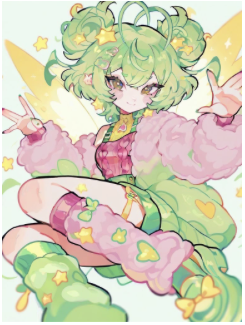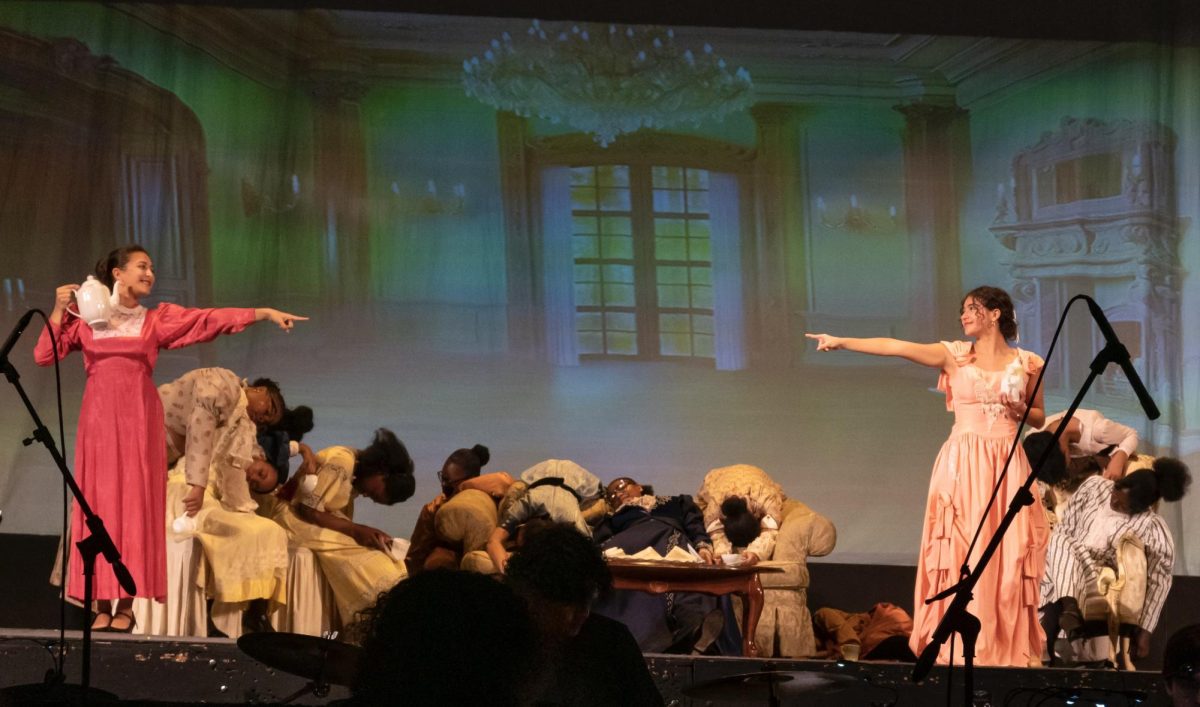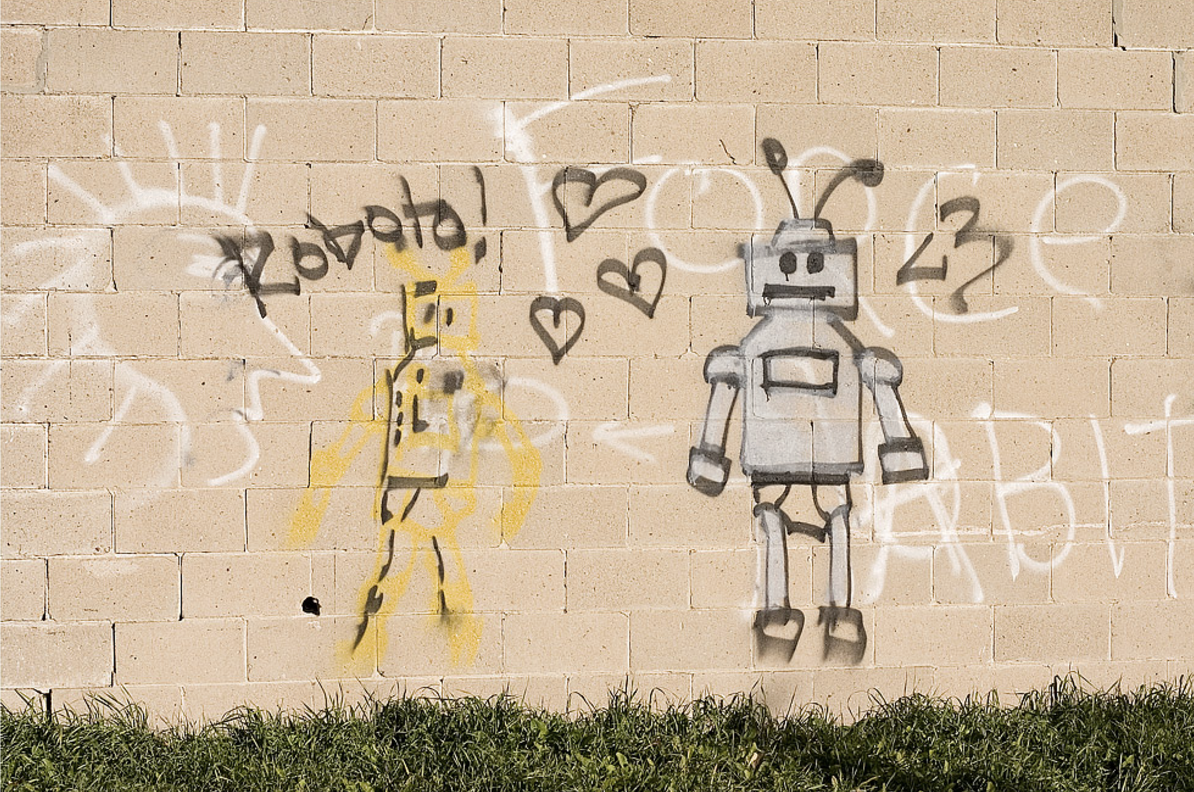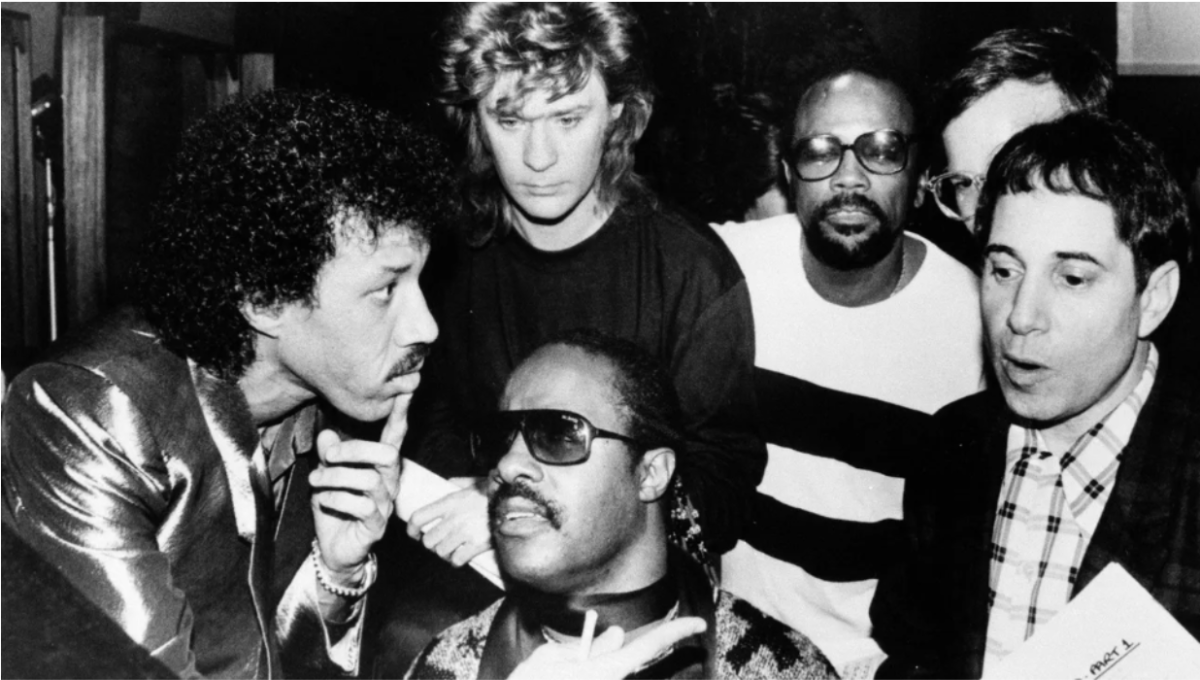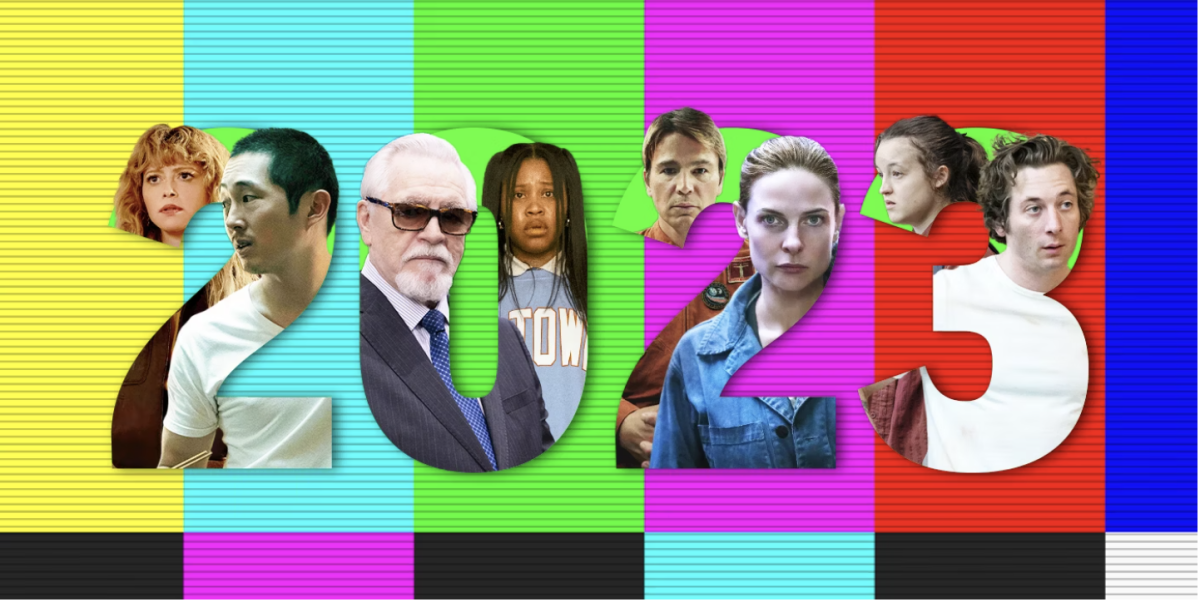Kerbal Space Program is a realistic space flight simulation game that has sold over 5 million copies. In the game, the player can make and control a huge variety of vehicles like planes, rockets, and boats, although of course the emphasis is mainly on the former two. The game has a legendary reputation in the scientific community. The developer behind the first game even did a collaboration with NASA where they added a NASA-based Asteroid Redirect Mission pack. But recently, the franchise has attracted some controversy. It all started when the sequel to the game, Kerbal Space Program 2, was announced in August of 2019. Initially, much of the fanbase was enthusiastic for the game. The sequel planned to add much-desired features like multiplayer, new propulsion systems for rockets, and methods of building colonies on other planets.
But the cracks started to show. The game was delayed to the summer of 2021. The publisher of the game, Private Division, reassigned the development of the game to a new studio, Intercept Games. The studio that was originally supposed to make the game, Star Theory, shut down, but around a third of the development team were poached by Intercept and were rehired by the new studio.
But then the game was delayed to 2022. And in 2022, it was announced that the game was being delayed again to February 24, 2023. When that time came, the game was nowhere near finished. It was barely in a playable state. In any other situation, it absolutely would not be released. But Private Division could not afford to wait any longer. The game was finally released in early access, to mixed reviews. Notably, before the sequel was released, the developers of the sequel promised to banish the legendary bugginess of the original. “We’re killing the Kraken!” one of the head developers of the game exclaimed in a promotional video. (“Kraken” is a colloquial term used by the KSP community to describe the bugs and glitches of the game; e.g “The kraken ate Matt’s rocket” would mean that Matt’s rocket had been destroyed or rendered inoperable due to a bug or glitch.)
Unfortunately, the Kraken would not be so easy to vanquish. Players reported an absurd amount of bugs and glitches, even more than the original game. Planets collided with each other. Rockets randomly disintegrated mid-air. And for one player, the ocean of the home planet of the game, Kerbin, totally disappeared. In a review for review site Rock Paper Shotgun, Steve Hogarty said, “If you were stranded on a desert island and had to recreate Kerbal Space Program from memory using nothing but coconuts and string, it would look something like Kerbal Space Program 2.” Although critics praised the game for its graphical fidelity, the game’s system requirements were so high that even some high-end gaming PCs would struggle to run the game. And on top of all of that, almost all of the most wanted features promised in the promotion videos, including many features that were in the original game, were nowhere to be found. It was a disaster. A disaster that slowly, but surely, got slightly less disastrous. An update released a few weeks later fixed a large number of the bugs and improved performance. More and more fixes were slowly introduced. In December, the ‘For Science! Update was released, a new update that added the science mode (now called “Exploration Mode”) present in the original game and a series of new rocket parts related to doing scientific research. The tide was turning. Kerbal Space Program 2 did the impossible. More and more people became interested in playing the game. Some were starting to compare it to Cyberpunk 2077 and No Man’s Sky, two other games that had awful reviews on launch but later redeemed themselves and became critically acclaimed and enjoyed. The future looked bright for Kerbal Space Program 2. Unfortunately for the game’s community, that future started to dim when Private Division, the publisher of the game, released a WARN (Worker Adjustment and Retraining Notice) for the employees at Intercept Games. Federal law requires that most companies with more than 100 employees provide notice at least 60 days in advance of any plant closures or mass layoffs.
A mass fan review bombing campaign began, bringing Kerbal Space Program 2’s Steam reviews from “Mixed” to “Overwhelmingly Negative.” Although the company officially denied it, Kerbal Space Program 2’s development was shuttered. The entire development team was laid off. Recently, Take-Two Interactive (the parent company of Private Division, among other studios like Rockstar and 2K) finally admitted the real fate of Kerbal Space Program 2, and announced that Private Division would be sold off to an unknown buyer. The game currently is in a state of limbo. It is still available to buy on Steam and other major game platforms. The pages for the game on these platforms brag about future features that will likely never be added. The average concurrent player count for the game dropped dramatically, from 456 in the month before the announcement to 208 in the month after. Most of the community has shifted back to modded versions of the original game. This is an example of how the internet age has affected the gaming industry. In the early days of the industry, it was nearly impossible for game companies to patch games after they were released. With PC games, it was technically possible to get patches, but without the ability to download things over the internet, you would have to get physical media of the patch through the mail or at a computer store, which was understandably irritating. Everything was one and done. Any bugs in the game at launch were going to be there forever. There was no way to convince players to buy a game with promises of features added with future updates. This is not the case in the modern era. The situation is even worse with live service games. A live service game is a game that continually provides a stream of new monetized content, as a way to get people to keep on paying money to support the game’s developers. Recently, Ubisoft shut down the servers for a racing game called The Crew, making the game unplayable. Players of the game were outraged, especially after it was found out that there was unutilized programming for an offline mode hidden in the game. The game’s sequels, The Crew 2 and The Crew Motorfest were review-bombed in retaliation. Although Kerbal Space Program 2 was not a live service game, the studio shutting down had a similar effect on the playerbase. The people who bought the game bought an incomplete product, with the expectation that later the product would be fully completed. But it wasn’t. So, what are players doing in response? Well, in the case of Kerbal Space Program, a new spiritual successor to the original game was announced by RocketWerks: Kitten Space Agency. Many of the team from both KSP and KSP2 have switched to working on this new title. The game will use a new proprietary game engine called BRUTAL in order to minimise the technical problems caused by the engine of the original game, Unity. Although not much is yet known about KSA, a playable version of the game is expected to be released sometime in 2025. And for the Crew, a campaign was started to get justice for the players: Stop Killing Games. Stop Killing Games was started by Ross Scott, a gaming Youtuber and the creator of the Freeman’s Mind machinima series. He started an active ballot in the European Citizens’ Initiative. The European Citizens’ Initiative is a program intended to increase direct democracy in the European Union. A ballot in the initiative requires 1,000,000 signatures for the EU to consider acting on the proposal. At the time of writing, it has around 400,000. If the ballot initiative gets 1,000,000 signatures by next July, the EU will consider creating legislation to require game publishers to make end-of-life patches to games when ending support for them, so that the games can remain playable even after the servers shut down. All of this is really a grand story of broken promises and expectations. The players of The Crew expected to be able to keep on playing indefinitely, but Ubisoft broke that expectation by shutting down the servers. The players of Kerbal Space Program 2 were promised that the game would get a steady stream of updates as advertised, but Take Two Interactive broke that promise by shutting down Private Division. What should be the relationship between player and publisher? Do publishers have a moral obligation to fulfill these fundamental expectations and promises?

